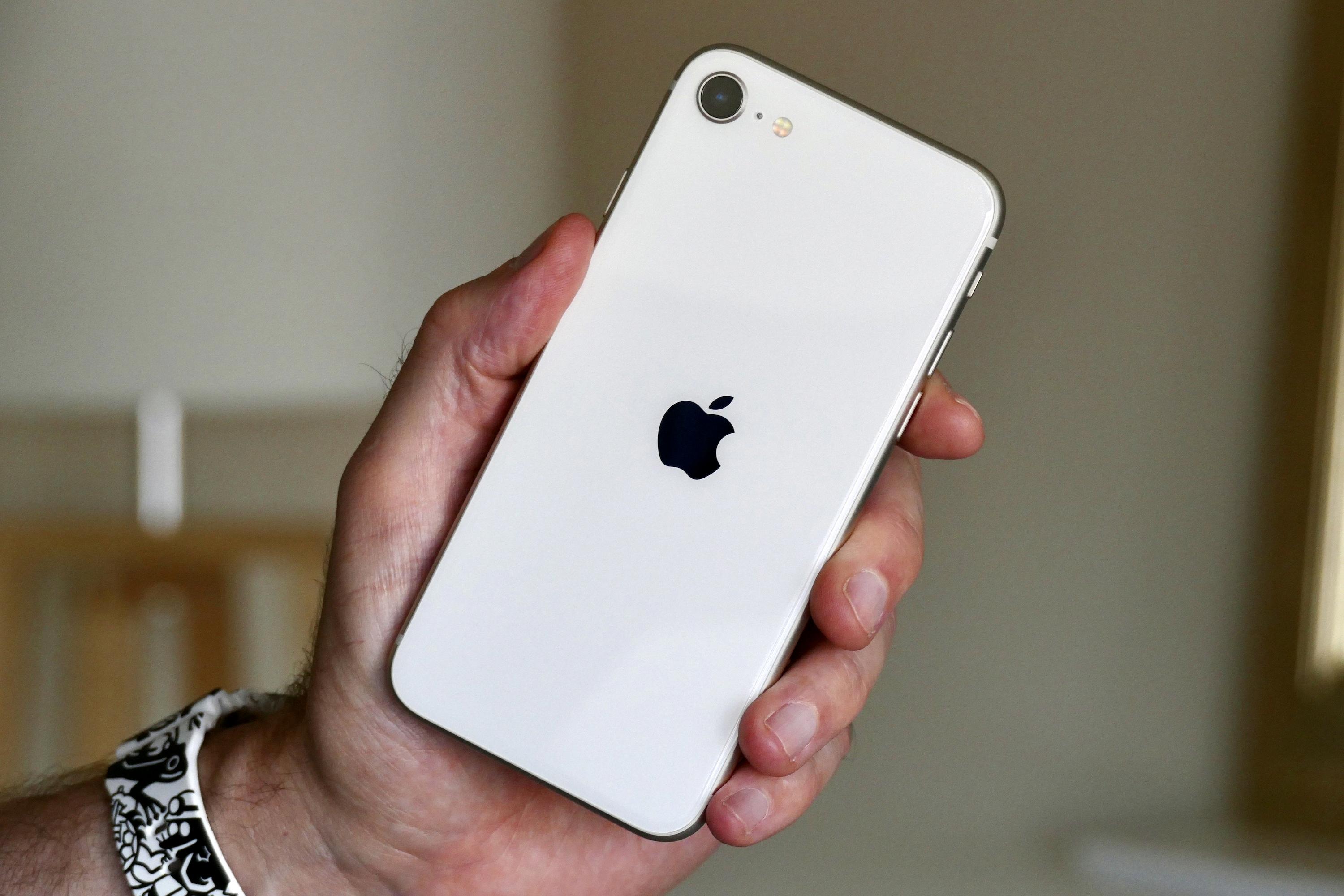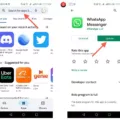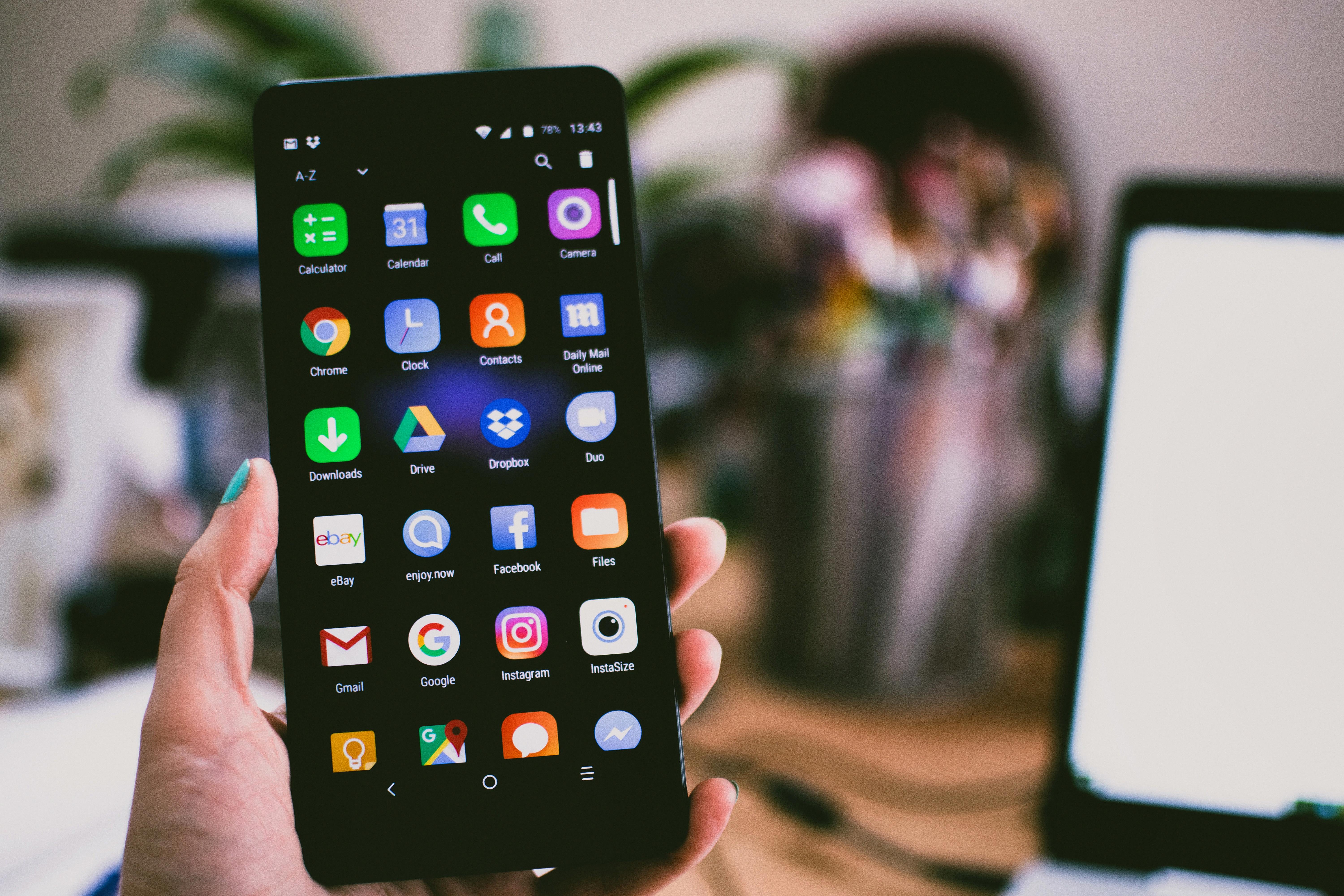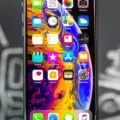Selling a phone can be a great way to make some extra cash or upgrade to a new device. However, it’s important to understand the implications of selling a phone that is not fully paid off. If you are currently on a financing plan or contract with your carrier, you may still owe a portion of the total cost of the phone. Before transferring ownership to a buyer, you must first pay off the remaining balance to the carrier or financing company.
Why is this necessary? Well, if you sell your phone without paying off the remaining balance, the carrier will blacklist the device. This means that they will block the phone from being used on their network. This is done to prevent any potential issues that may arise from a phone being used without the required payments being made.
It’s important to note that selling a phone that is still under contract is not legal. The reason for this is that the buyer would be taking on the financial responsibility of the phone, which is still tied to a contract with the carrier. If the buyer stops making the monthly payments, it could lead to financial repercussions for both parties involved.
So, can you sell your iPhone if you haven’t paid it off? The short answer is no. If you try to sell a phone that is not fully paid off, you run the risk of having the device blacklisted by the carrier. This would render the phone useless, as it would be blocked from being used on any network.
To avoid any issues, it’s always best to pay off your phone in full before selling it. This ensures that you are not in violation of any contractual agreements and allows for a smooth and legal transfer of ownership.
It is not advisable to sell a phone that is not fully paid off. Doing so can result in the device being blacklisted by the carrier, rendering it unusable. It is important to fulfill your financial obligations and pay off your phone before considering selling it.
Can You Sell Your Phone If It’s Not Fully Paid Off?
You can sell your phone even if it is not fully paid off. However, there are a few things you need to consider:
1. Remaining Balance: If you are on a financing plan or have a phone lease agreement, you may still owe a portion of the total cost of the phone. Before you can transfer ownership to the buyer, you will need to pay off the remaining balance to the carrier or financing company.
2. Carrier’s Policies: Check with your carrier to understand their specific policies regarding selling a phone that is not fully paid off. Some carriers may have specific requirements or restrictions in place.
3. Buyer’s Expectations: When selling a phone that is not fully paid off, it is important to be transparent with the buyer about the remaining balance and any outstanding payments. This will help manage their expectations and ensure a smooth transaction.
4. Unlocking the Phone: Depending on your carrier’s policies, you may need to unlock the phone before selling it. This will allow the buyer to use the phone with their own carrier.
5. Transfer of Ownership: Once you have paid off the remaining balance and complied with any necessary requirements, you can transfer ownership of the phone to the buyer. This typically involves notifying your carrier or financing company about the change in ownership.
Remember to gather all the necessary information and documentation related to the phone’s purchase and financing agreement before selling it. This will help ensure a seamless transfer of ownership and avoid any potential issues.

What If Someone Sells You a Phone That is Not Paid Off?
If someone sells you a phone that is not fully paid off, there are certain consequences that you may face. Here is a detailed explanation of what you can expect:
1. Carrier Blacklisting: When a phone is not completely paid off, the carrier has the right to blacklist the device. This means that they can block the phone from being used on their network. The purpose of blacklisting is to prevent the phone from being used until the outstanding payments are made.
2. Phone Blocked: Once a phone is blacklisted, it will be rendered unusable on the carrier’s network. This means that you won’t be able to make or receive calls, send text messages, or access mobile data. The phone essentially becomes a useless device until the outstanding balance is settled.
3. IMEI Blocking: The carrier uses the IMEI (International Mobile Equipment Identity) number of the phone to blacklist it. The IMEI is a unique identifier assigned to each mobile device. By blacklisting the IMEI, the carrier ensures that the phone cannot be activated or used on any other network as well.
4. Legal Implications: Selling a phone that is not paid off can have legal consequences. It may be considered a breach of contract or even fraud, depending on the jurisdiction. If the original owner discovers that the phone they sold was not paid off, they could take legal action against the buyer.
5. Financial Responsibility: If you unknowingly purchase a phone that is not fully paid off, you may become responsible for the outstanding balance. The original owner may stop making payments, leaving you with the debt and potential consequences such as credit issues or collections.
To avoid these problems, it is important to be cautious when buying a used phone. Always verify the status of the phone’s payments with the carrier before making a purchase. If you find yourself in a situation where you have purchased a phone that is not paid off, consider contacting the original owner or the carrier to negotiate a resolution.
Can You Sell Your Phone If It’s Still on Contract?
It is possible to sell your phone even if it is still under contract. However, there are a few things you need to keep in mind before you proceed with the sale.
1. Contractual Payments: Selling your phone while it is still on contract does not absolve you of your contractual obligations. You are still responsible for making the required monthly payments until the contract term ends. Failing to make these payments can have negative consequences, such as damaging your credit score.
2. Contract Transfer: Some mobile carriers allow you to transfer the contract to another person. This means that the buyer of your phone will take over the remaining contract term and be responsible for making the payments. However, not all carriers offer this option, so you need to check with your specific provider to see if contract transfer is possible.
3. Unlocked Phone: If you plan to sell your phone, it is important to ensure that it is unlocked. A locked phone is tied to a specific carrier and can only be used with their SIM cards. Unlocking your phone allows the buyer to use it with any carrier of their choice, increasing its value and appeal.
4. Buyer Awareness: It is crucial to inform potential buyers that the phone is still under contract. Transparency is key when selling a phone that is tied to a contract. This allows the buyer to make an informed decision and understand their responsibilities moving forward.
5. Early Termination Fees: If you are unable to transfer the contract or if the buyer does not want to take over the contract, you may need to pay an early termination fee to cancel the contract. This fee can vary depending on your carrier and the remaining term of the contract. It is important to consider this cost before deciding to sell your phone.
Selling your phone while it is still under contract is possible, but it is important to fulfill your contractual obligations, explore contract transfer options, ensure the phone is unlocked, inform potential buyers about the contract, and be aware of any early termination fees that may apply.
Can You Sell a Unpaid iPhone?
It is not legally permissible to sell an unpaid iPhone. When you purchase a phone through a carrier, such as signing a contract or financing agreement, you are essentially borrowing money from the carrier to pay for the device. Until the phone is fully paid off, it technically belongs to the carrier.
Selling an unpaid iPhone would be considered a breach of your agreement with the carrier. If you were to stop making your monthly payments, the carrier has the right to report the phone as stolen or unpaid. This could result in the phone being blacklisted, meaning it cannot be used on any carrier’s network.
Selling a phone that is still under contract is not only illegal but also unethical. It can cause financial harm to both the buyer and the carrier. Therefore, it is important to fulfill your contractual obligations and fully pay off your iPhone before considering selling it.
Conclusion
It is essential to pay off the remaining balance on your phone before selling it to a new owner. This is to ensure that the device is not blacklisted by the carrier, which would render it unusable. Selling a phone that is still under contract is not legal, as it violates the terms and conditions set by the carrier. Therefore, it is crucial to stay on top of your contractual payments if you plan on selling your handset. By doing so, you can safely transfer ownership of your phone to a new buyer without any issues.













